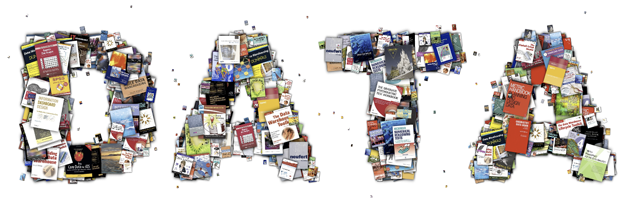
Open data is important to humanitarian aid organizations as it can help improve decision-making, increase transparency, facilitate collaboration, improve response times, better allocate resources, and evaluate the impact of their work.
Six Open Data Benefits to Aid Organizations
- Improved decision-making: Open data can provide humanitarian organizations with a more comprehensive and accurate understanding of the situation on the ground, which can help inform their decision-making processes.
- Increased transparency: By making data openly available, humanitarian organizations can demonstrate their commitment to transparency and accountability, which can help build trust with stakeholders.
- Better collaboration: Open data can help facilitate collaboration between humanitarian organizations, governments, and other stakeholders, as they can all access the same information and work together more effectively.
- Improved response times: Open data can help humanitarian organizations respond more quickly and effectively to emergencies by providing real-time information about the situation on the ground.
- Better allocation of resources: With access to open data, humanitarian organizations can make more informed decisions about how to allocate resources, ensuring that they reach those who need them most.
- Better evaluation of impact: Open data can also help humanitarian organizations evaluate the impact of their work, as they can compare data from before and after their interventions to see the changes that have occurred.
We Need Better NCD Data for COVID-19 Response in LMICs
As the old adage goes, you can’t improve what you don’t measure. When it comes to containing the COVID-19 pandemic in the world’s poorest countries, there...
ICT4D Hype Cycle for 2019: AI, Blockchain, Chatbots, Data, And…
Back in 2014, we posted our first Development Hype Cycle to showcase how technologies move from initial invention to widespread application. We followed it up with...
What Does Responsible Data Look Like?
We all want to be more responsible with the data that we collect and manage. This can be data that we create within our organizations, data we collect from our...
Democratizing Access to Data is the Next Frontier in International Development
We founded Future State last year to help equip policymakers with the knowledge and resources so that the digital age benefits the world’s poor and strengthens...
We Have A Moral Imperative to Use the Data We Collect
And not just to use it, but to use it well.
Too often in development work, there is an expectation that people will supply you with their data but no feeling of...
Apply Now! 1 Million Euros for African ICT4D Projects Supporting the SDGs
Are you working on a digital development solution to support the Sustainable Development Goals in one of the 14 partner countries of the Belgian bilateral cooperation?...
Can Nepal and Cambodia Really Have Common Agricultural Data Standards?
What does data-driven agricultural development in Nepal and Cambodia have in common?
Yes, rice is a staple in both national cuisines (and experimental data shows...
The Evidence that Open Government Data Improves Developing Economies
In 2009, the United States launched the data.gov portal. Since then there has been a rapid increase in the systematic opening of government data around the world....
We Are All Responsible Data Sinners. Will GDPR Make Us Repent?
The General Data Protection Regulation is coming on May 25th and you should be worried. If you operate in the EU or focus on EU-based clients, then the sweeping...
DFID’s Digital Strategy for Doing Development in a Digital World
I’m Frances Sibbet, the Digital Service Lead at the UK’s Department for International Development (DFID). This is the lightning talk I delivered at the Digital...











